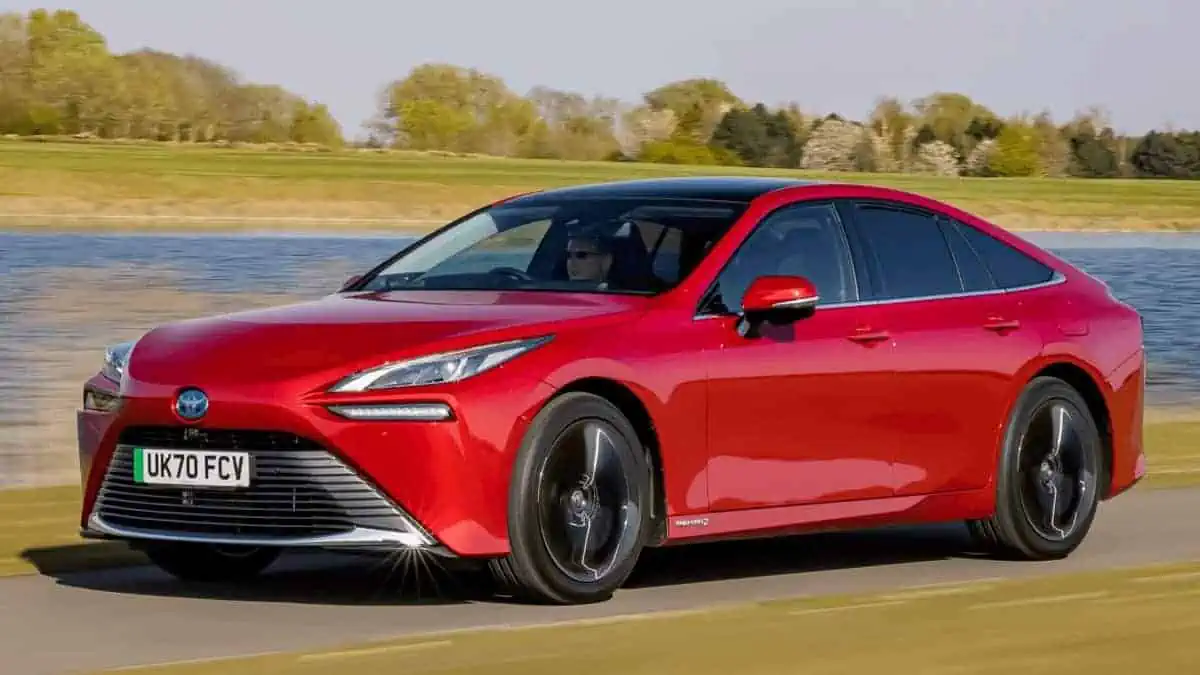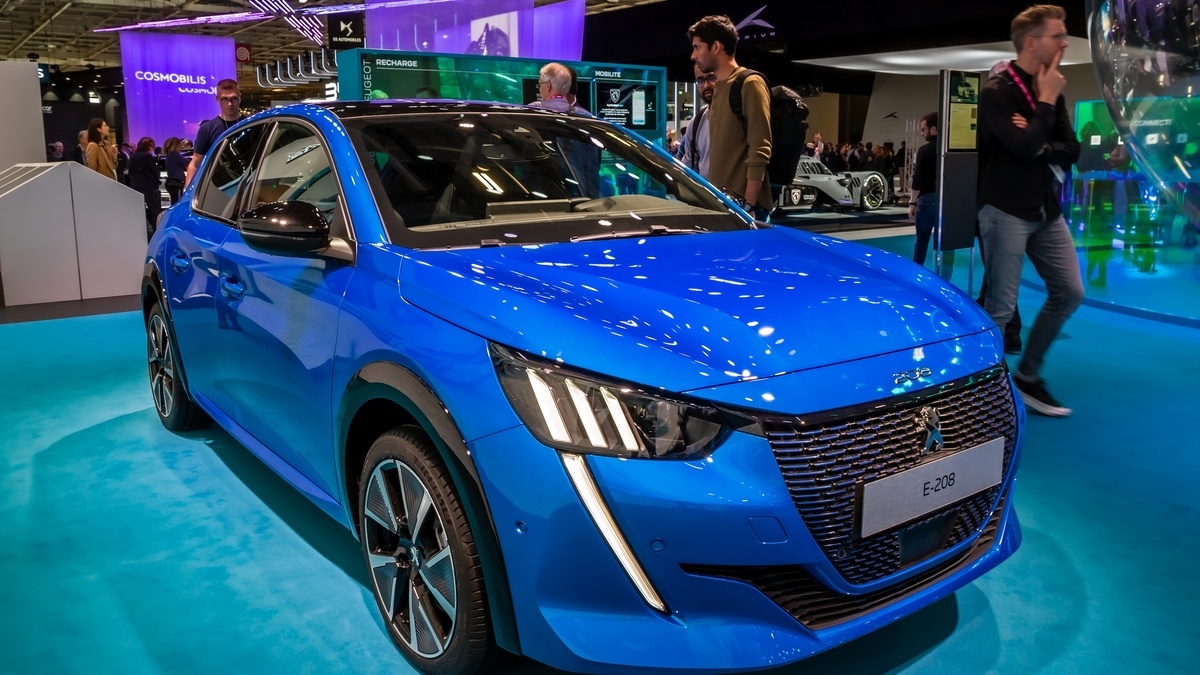Toyota Motor Corp. has launched its flex-fuel hybrid vehicle that can run on 100% ethanol in India, as per Ani News. This also signifies the start of the automaker’s pilot project for a flex fuel-strong hybrid electric vehicle (FFV-SHEV) in a market where the government is encouraging automakers to shift to clean fuels.
According to BGR.in, the mix of petrol and ethanol called “flexible fuel” can be used to power flex-fuel vehicles. With hybrid technology, these cars may also utilize a battery to power the engine. This gives users additional options in running a vehicle and also lowers carbon emissions.
The Corolla Altis FFV-SHEV will be driven by flex-fuel technology, which is being developed by Toyota’s local division. With this technology, the engine can run on fuel with a higher percentage of ethanol. It also includes a hybrid powertrain, which lowers the amount of gasoline used.
According to the report, “A flex-fuel strong hybrid car can run on either 100% petrol or 20% to 100% blended ethanol along with a hybrid assistance. Government of India has announced that all carmakers will have to offer cars capable of running on a flex fuel by 2025.”
For reference, India is recognized as the fifth largest producer of ethanol, following the United States, Brazil, the EU, and China.
It is also worth noting that the country reportedly wants to emulate Brazil, which is a market leader in the sale of flex-fuel vehicles. Being a significant sugar producer is also advantageous for India, as ethanol is extracted from sugarcane juice. Moreover, these agricultural products are abundant in the country.
The road transport minister, Nitin Gadkari, urges automakers to create flex-fuel engines that use ethanol as their primary fuel source. This will assist in decreasing the nation’s reliance on imported gasoline.
Gadkari stated, “There is a need to encourage the use of electric vehicles and vehicles that run on biofuels like ethanol and methanol. This will also increase the income of our farmers. We want to reduce our import and dependence on petrol and diesel.”
Vikram Kirloskar, VP of Toyota Kirloskar, also remarked that this pilot project would boost India’s energy independence in this sector. As a result, it will assist the country in achieving its target of energy independence by 2047.
The purpose of flex-fuel vehicles is to lessen reliance on gasoline and diesel. It is also worth noting that ethanol is a cleaner option than petrol and is also widely accessible. Flex fuel also serves as a more affordable substitute for standard fuel.






